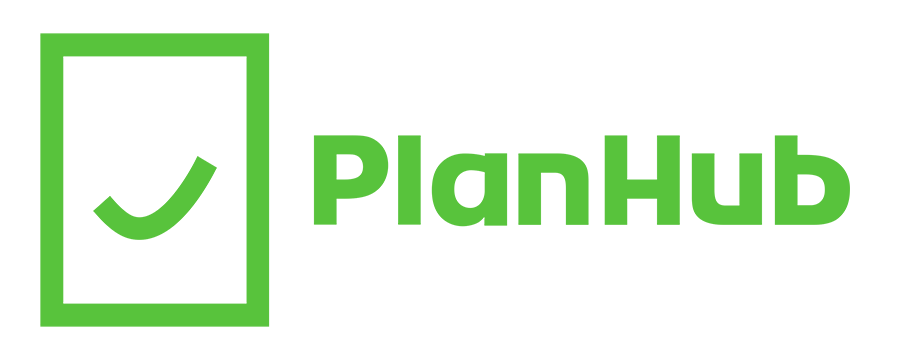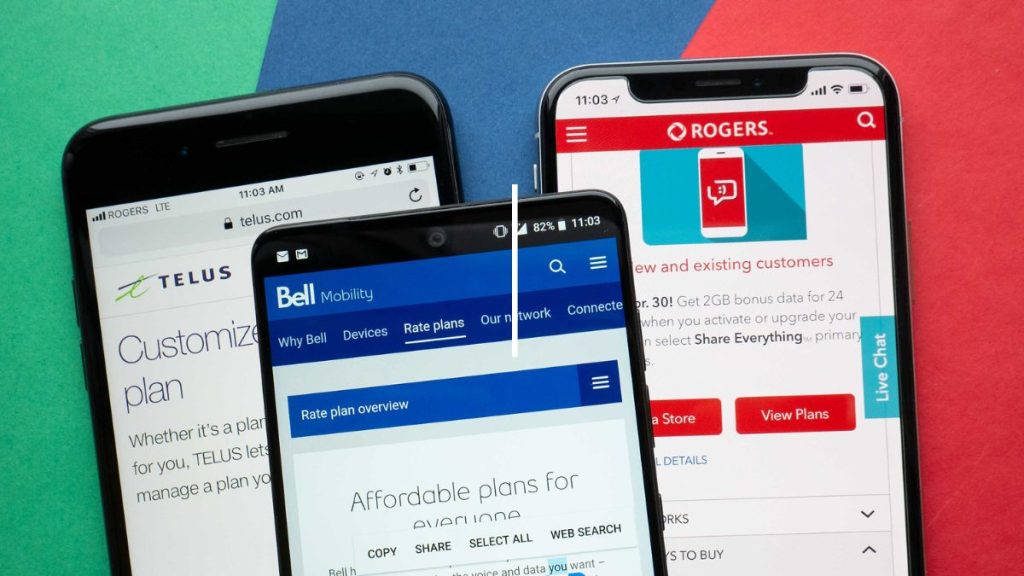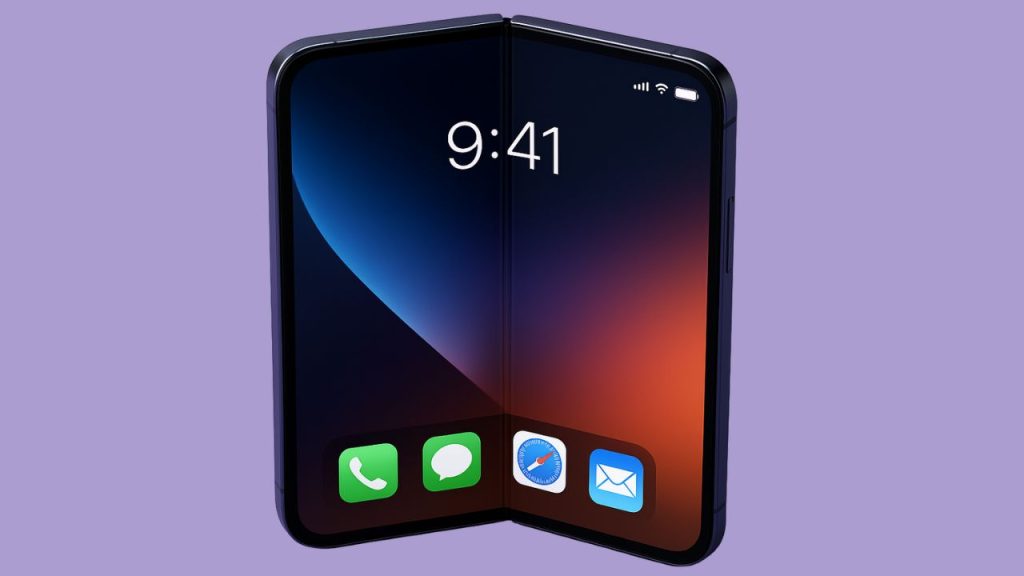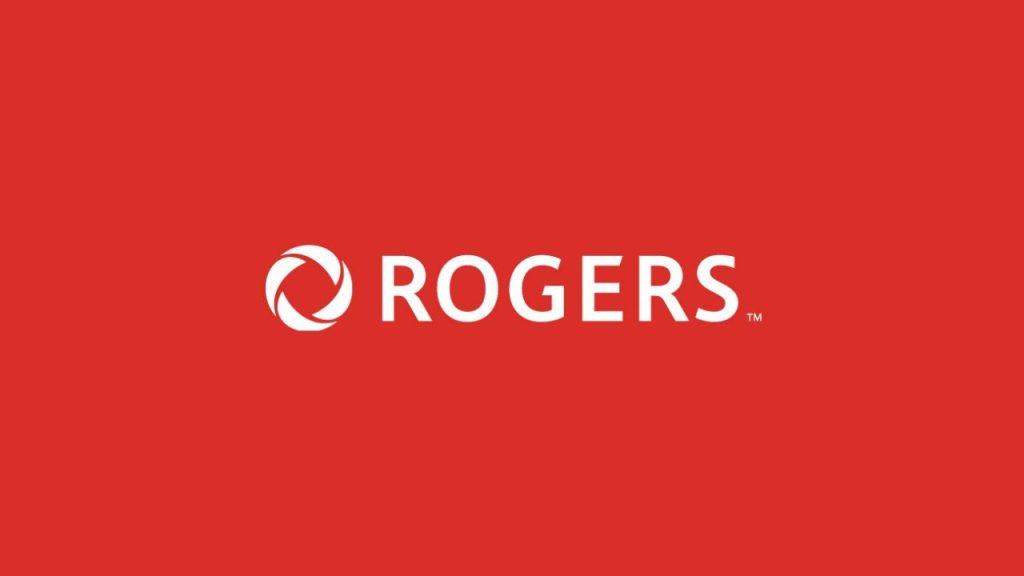Have you recently received a phone call from an unknown number? Did you curiously pick up, only to hear a spooky robotic voice greet you on the other side? Further, did the voice claim something ridiculous, such as a warrant being out for your arrest? Unfortunately, this kind of phone call has been a reality for countless Canadians as of late. Spam calls have been on the rise. While these may seem harmless, the worst case scenario can be very destructive. Scammers can target the older population, and end up stealing money from them after getting their credit card information. Alternatively, if you pick up the spam call and hang up after a few seconds, you may start receiving them far more often. Canada’s spam call problem is no laughing matter. Fortunately, the CRTC has ordered the telecom industry to take serious measures towards combating spam callers.
Why is Canada’s Spam Call Problem Getting Worse?
Despite the CRTC’s recent controversy, they have been committed to protecting the privacy of Canadians for years. Of course, they believe that in order to combat robocallers, we must address the root of the problem. So, why is there an increase in spam callers? Above anything else, the CRTC believes that it is due to the increased access of VOIP technology. By using the internet to place calls, scammers can successfully block their locations and identities, making it almost impossible to trace the call back to them.
To reduce instances of spam callers, the CRTC has informed Canada’s major providers that they need to go above and beyond to protect Canadians. Filtering out unwanted calls is not enough. Instead, they should also implement measures to trace back the call, and determine its origin. In the meantime, they recommend that users file complaints to Canada’s official do not call list. Here, you can register your number to reduce the amount of telemarketing/spam calls you receive. Or, you can file an official complaint if you experienced an unpleasant robocall. While this seems like a temporary solution to the problem, the CRTC is also working closely with Canada’s three major providers to greatly reduce the number of spam calls.
How to Stop Spam Calls – What Each Provider is Doing
One solution that the CRTC proposed is known as “universal call blocking”. This will block blatantly fraudulent numbers like 000-0000 or 123-4567 on all devices. Both Rogers and Bell have agreed to incorporate universal call blocking to reduce the amount of robocalling incidents. Additionally, each provider is working closely with the CRTC to develop their own solutions to Canada’s spam call problem. Here’s what each major provider is doing:
Bell
In addition to universal call blocking, Bell has announced their innovative AI-powered call blocking technology. With machine learning technology, Bell’s system can quickly identify a scam call by comparing it to characteristics of an average call. The powerful new system is capable of shutting down around 120 million spam calls in Canada every month. While Bell’s system combined with universal call blocking has greatly reduced instances of robocalling, they acknowledge that it is only the tip of the iceberg. Now that they can successfully filter out spam calls, Bell will work hard towards tracing these calls to put a permanent end to them.
Telus
As the only major provider that opted out of universal call blocking, Telus has introduced its own filtering system, which it believes to be more effective. Telus’ Call Control is available for free for all their mobile and home phone users. In addition to blocking the majority of robocallers, it allows users to create their own list of 25 blocked numbers. Despite their alternative approach, the CRTC gave their blessing and allowed Telus to implement Call Control without universal call blocking.
Rogers
As of September 2021, Rogers has not implemented its own anti-spam system on top of universal call blocking. Due to the complexity of the issue, the company wants to be certain that they will offer a foolproof solution that its customers can benefit from. In the meantime, Rogers has suggested using your respective smartphone settings or third-party apps to filter out unwanted calls.
Canada’s Spam Call Problem – Conclusion
Sadly, we may have to deal with robocallers for just a little longer. Regardless, the CRTC is working closely with Bell, Telus and Rogers to combat Canada’s spam call problem. These companies are working tirelessly and introducing new technologies to put an end to robocalling. If you ever think you’re experiencing a spam call, make sure to hang up and file a complaint, it could help prevent others from experiencing the same thing. Finally, if you’re ever thinking about changing providers, make sure to visit Planhub. Our algorithm quickly scrubs the internet to compare and contrast the country’s cheapest, fastest and most perfect phone plan for you.








